
Solar Carport (Car shed with solar power generation system)
Solar Carport (Car shed with solar power generation system)
Product Introduction
Introducing the innovative Solar Carport, a cutting-edge technology that seamlessly blends solar photovoltaic panels into the structure. This Solar Carport not only fulfills the fundamental parking function of traditional carports but elevates it to new heights by integrating solar panels atop the canopy. This integration not only harnesses the sun's energy to generate clean, renewable electricity but also doubles as an effective heat insulation, rainproof, and sunshade solution.
At the heart of the Solar Carport lies a sophisticated arrangement that comprises photovoltaic brackets, solar cell arrays, lightning protection measures, and grounding systems. These components work in harmony to ensure maximum efficiency and durability.
Features
Our Solar Carport leverages both rooftop and canopy-mounted photovoltaic modules, strategically connecting them to a photovoltaic DC combiner box. This integrated system then seamlessly interfaces with the grid through photovoltaic inverters, facilitating a seamless transition from solar power generation to energy distribution. The off-grid capabilities of this system effectively address challenges related to power generation, storage, discharge, and transmission, ensuring reliability, efficiency, and safety throughout the entire power generation process. As a result, the power station operates with unparalleled stability, providing a sustainable and eco-friendly solution for your parking needs.
Parameters

Samples

Structures
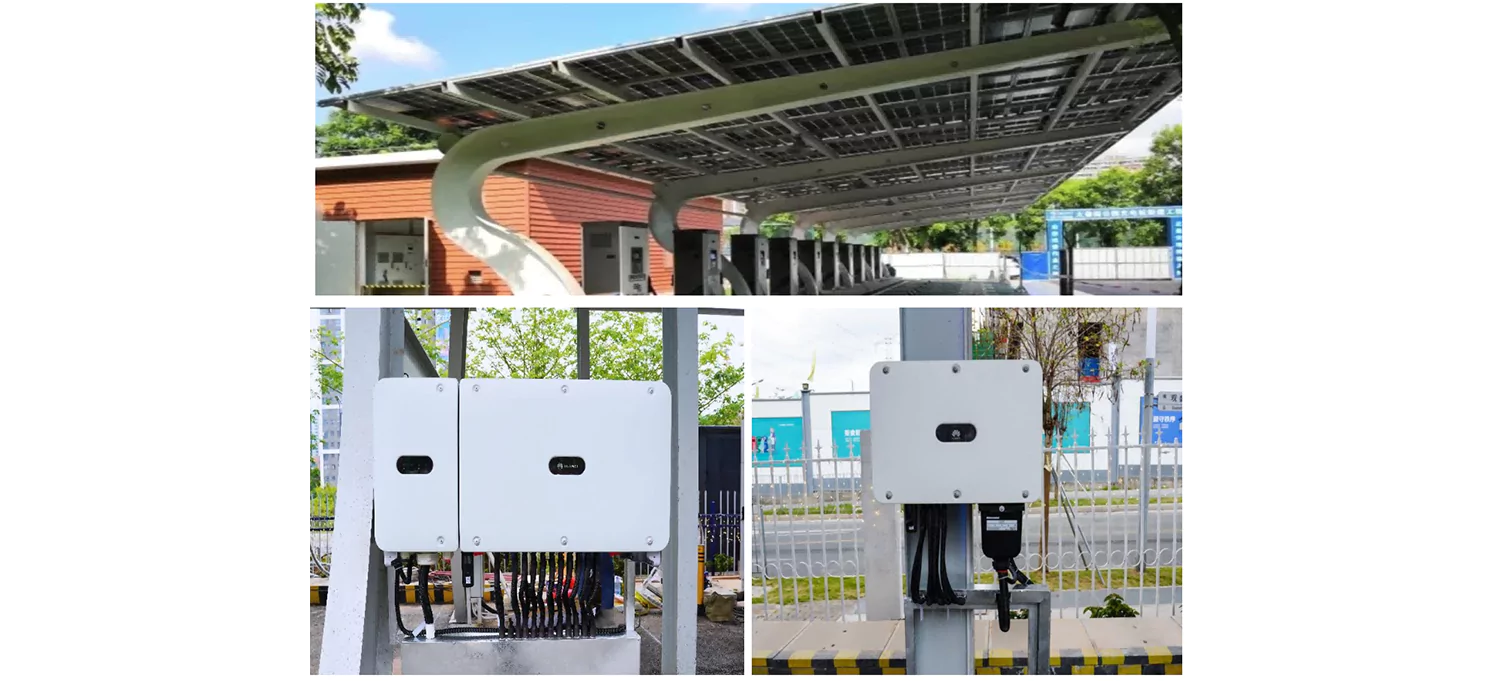
Solar Carport FAQ 5
1. What is the power generation efficiency of a Solar Carport?
The power generation efficiency of a Solar Carport depends on various factors such as the type and quality of solar panels, installation angle, duration and intensity of sunlight. High-quality solar panels can achieve conversion efficiencies of over 20% under standard test conditions (STC), but actual efficiency may vary due to environmental factors. Optimizing the installation angle and using tracking systems can improve sunlight reception, thereby enhancing power generation efficiency.
2. How do you maintain a Solar Carport?
Maintaining a Solar Carport involves regular cleaning of solar panels to remove dust, bird droppings, and other obstructions that can block sunlight. Electrical systems, including inverters and cable connections, should also be inspected periodically to ensure safe and reliable operation. Additionally, assessing the structural stability of the car shed is crucial to prevent damage caused by weather changes or prolonged use.
3. What benefits do Solar Carport offer for vehicles?
Solar Carport provide vehicles with shelter from sun and rain, while also harnessing solar energy to charge or power vehicles. For electric vehicles, solar car sheds can directly supply clean energy, reducing reliance on traditional power grids and lowering charging costs. They can also serve as backup power sources for homes or businesses, providing emergency lighting and power during outages.
4. What are the costs and payback periods of Solar Carport?
The costs of Solar Carport vary based on size, materials, design, and other factors, typically making them more expensive than traditional car sheds. However, considering their long-term energy savings and environmental benefits, the payback period for solar car sheds can be relatively short. The exact payback period depends on local solar radiation levels, electricity prices, and government subsidies or tax incentives. In areas with abundant sunshine and high electricity rates, the payback period may be shorter.
5. What are the key considerations during the installation of a Solar Carport?
When installing aSolar Carport, several key considerations must be addressed. Firstly, selecting an appropriate installation location that maximizes sunlight exposure is crucial. Secondly, designing the structure and support system to withstand local climate conditions and wind loads is essential. Thirdly, ensuring the safety and reliability of the electrical system, including the choice of inverter, cable routing, and grounding, is paramount. Lastly, adhering to relevant installation codes and standards is necessary to guarantee construction quality and safety. Additionally, coordinating with existing buildings or facilities for aesthetic harmony and functionality is also important.
Since we maintain control over our products, our customers can be assured of nothing but the best quality at all times.


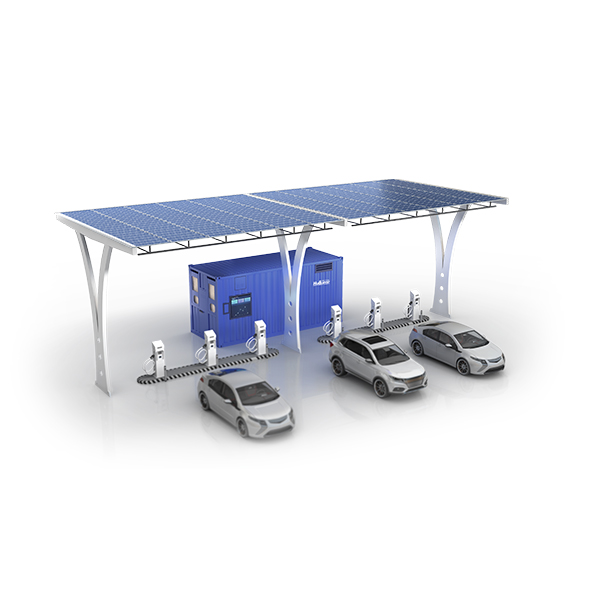
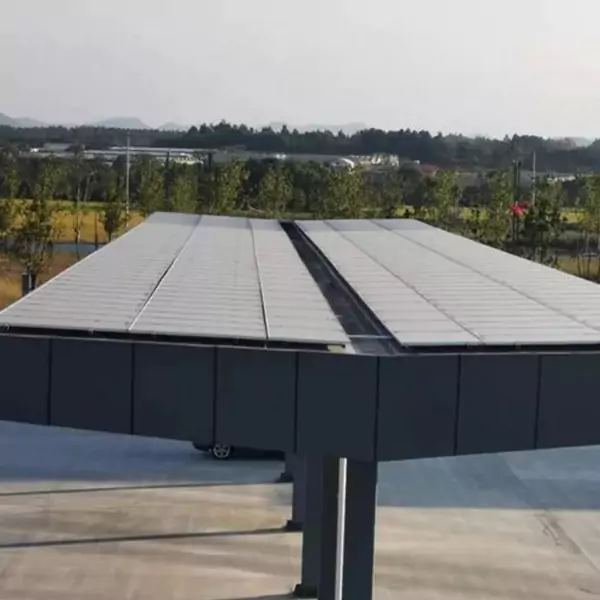
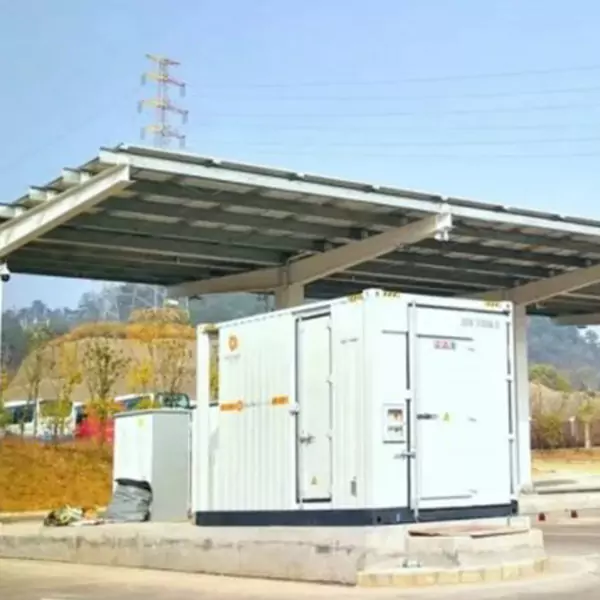
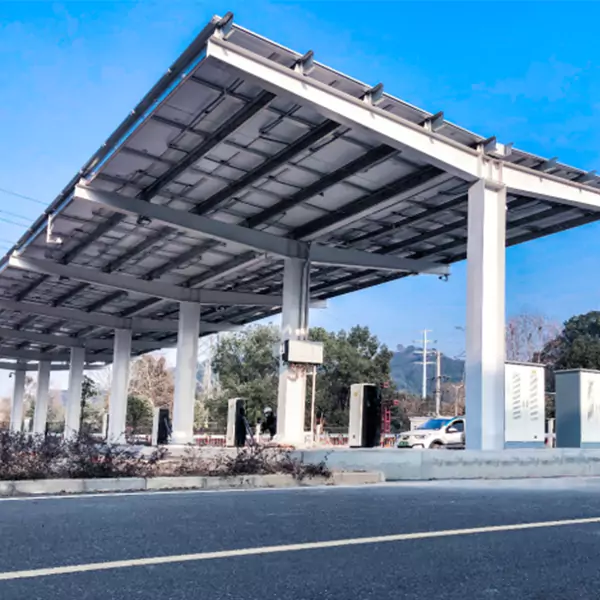
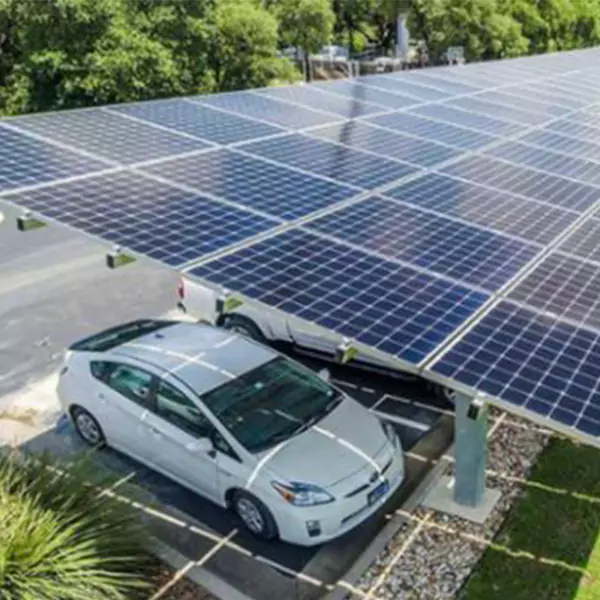
 Chat Online
Chat Online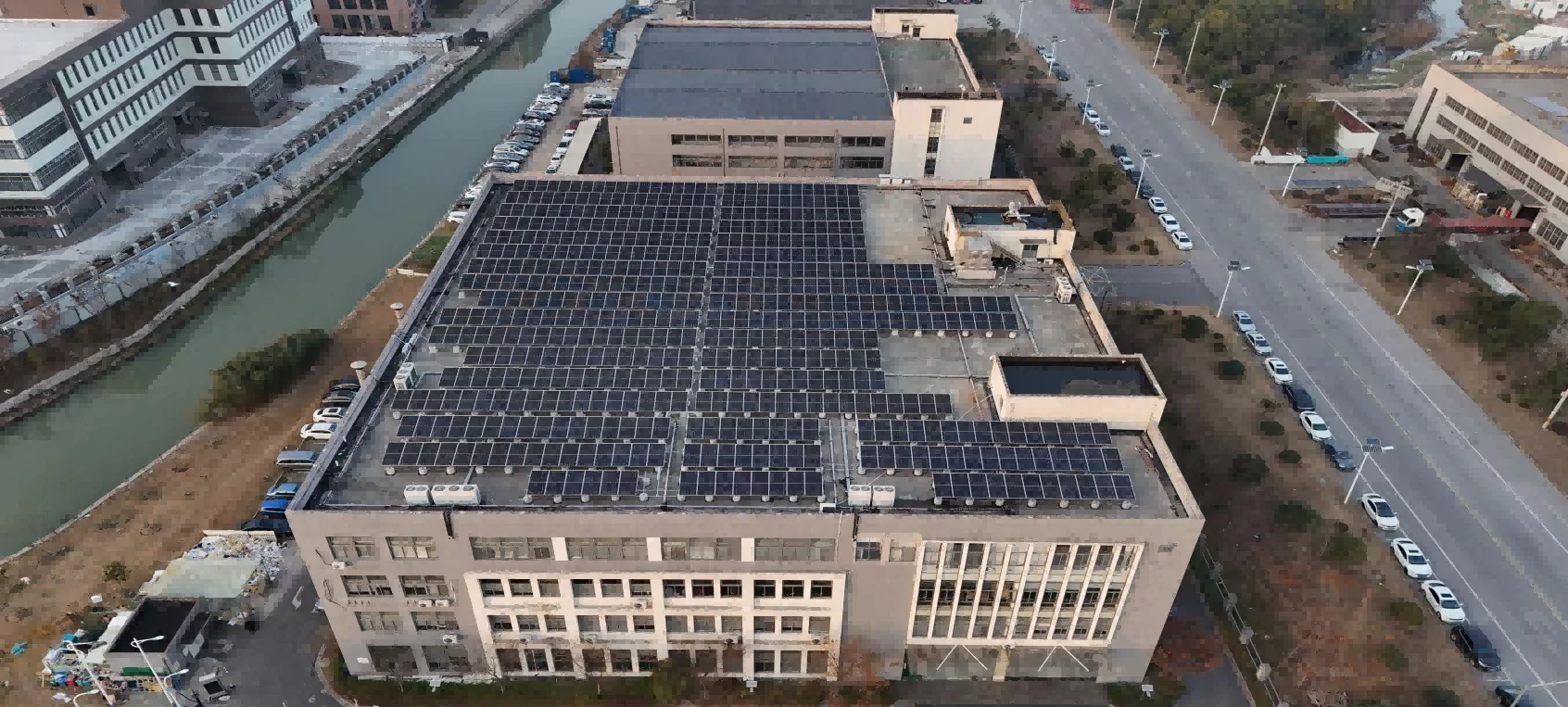


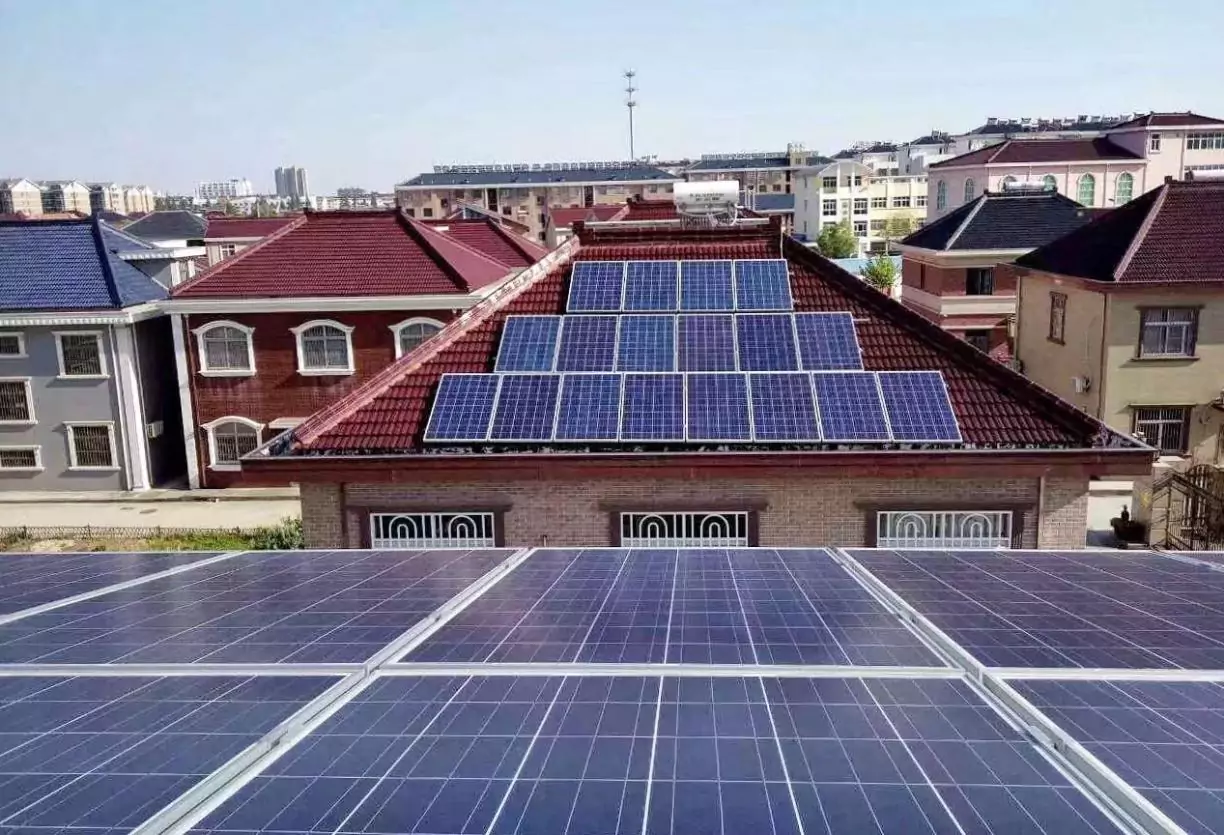
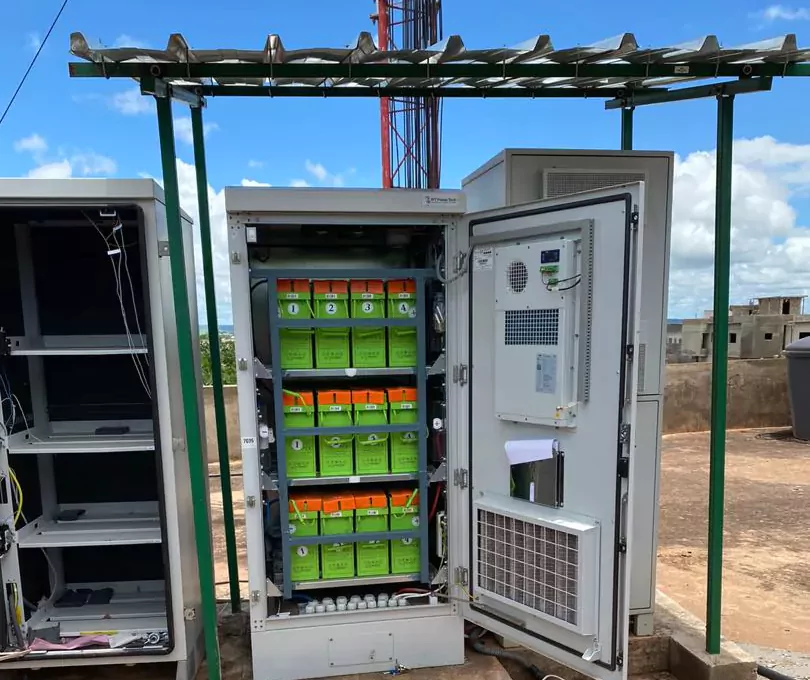
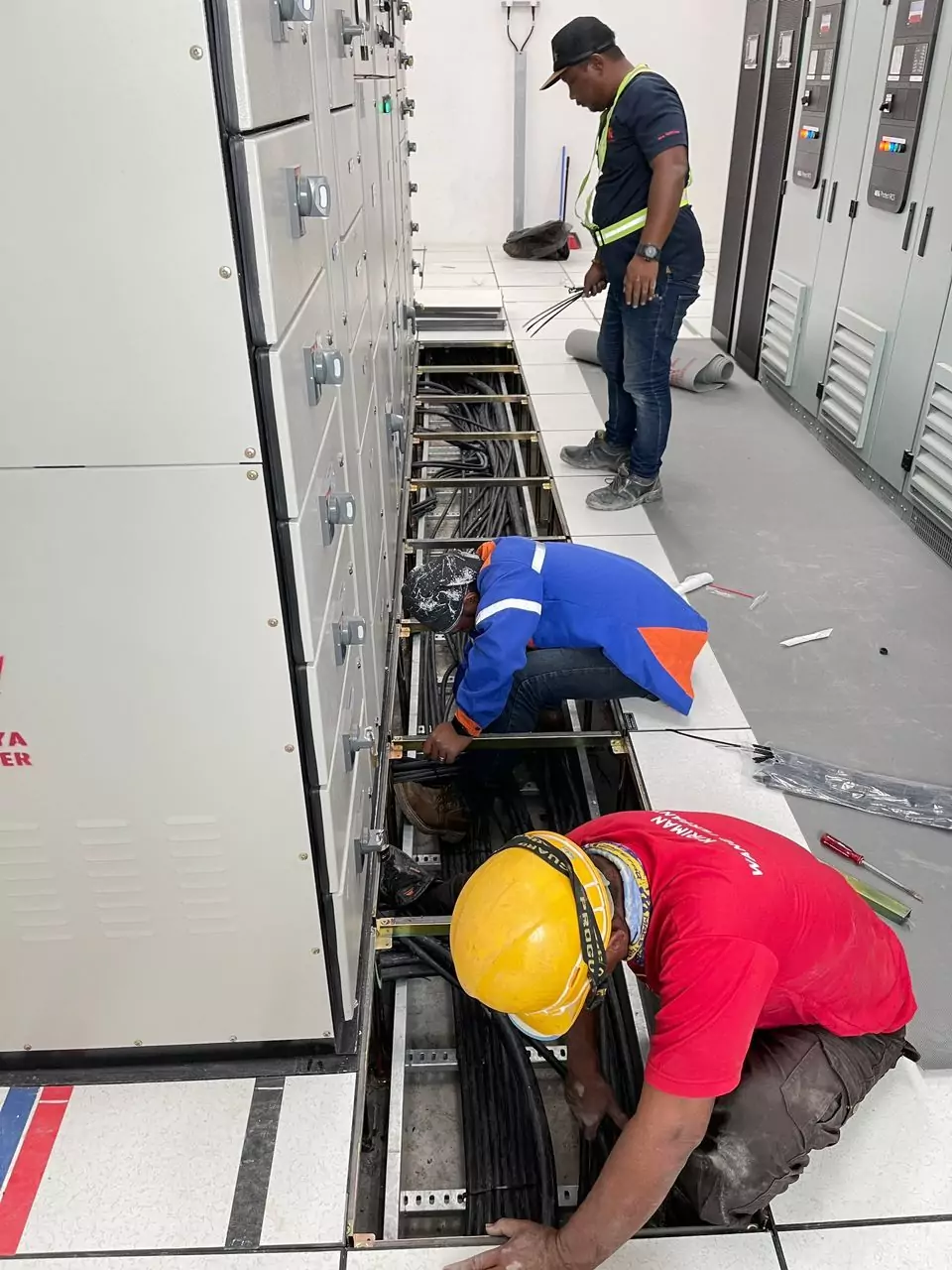
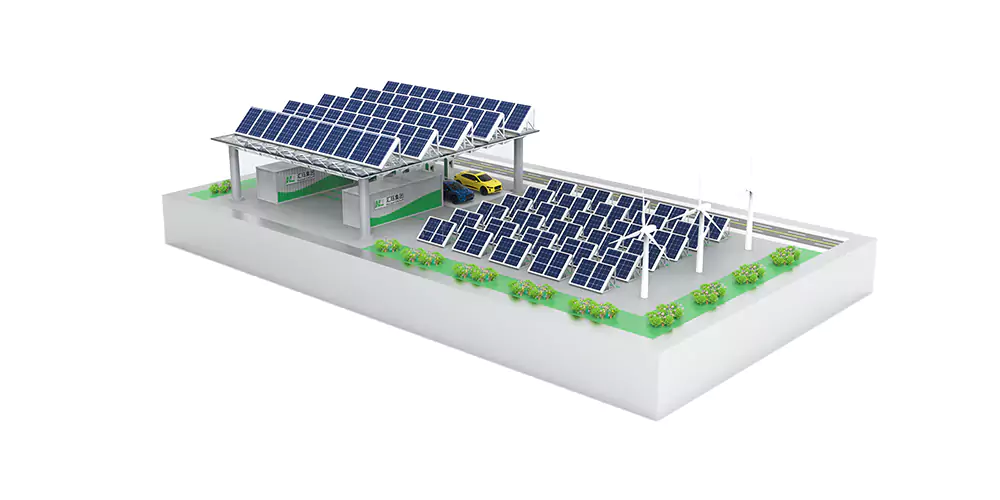
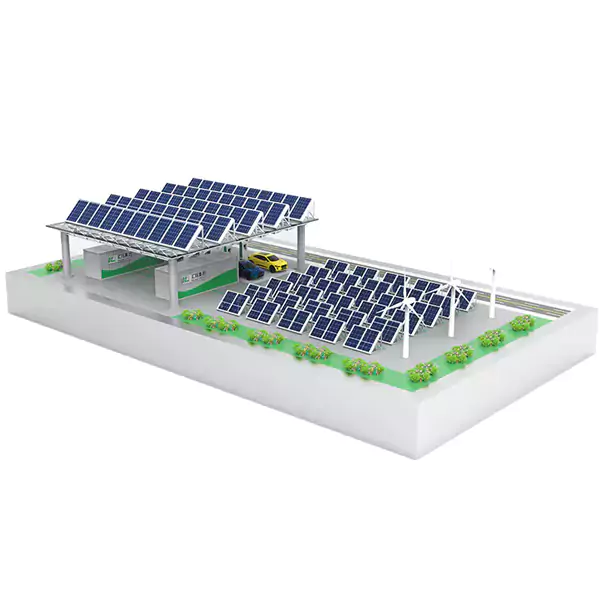
 Inquiry
Inquiry Online Chat
Online Chat